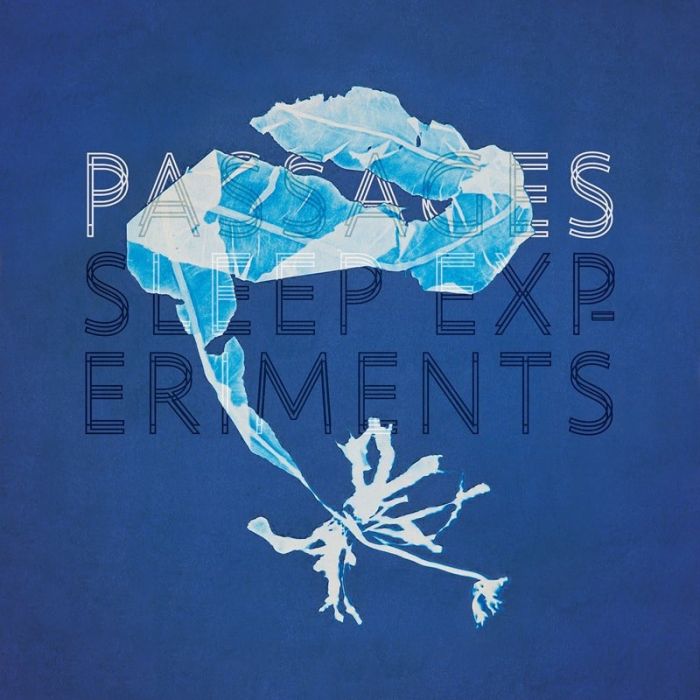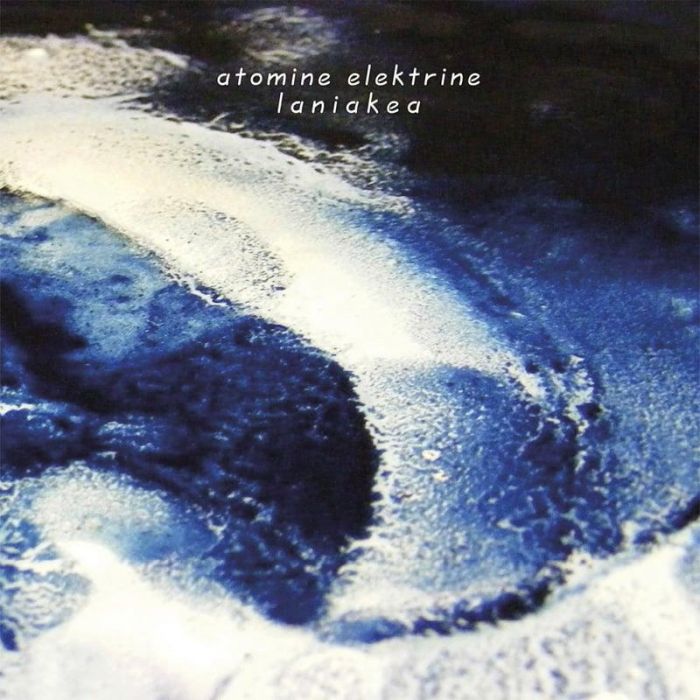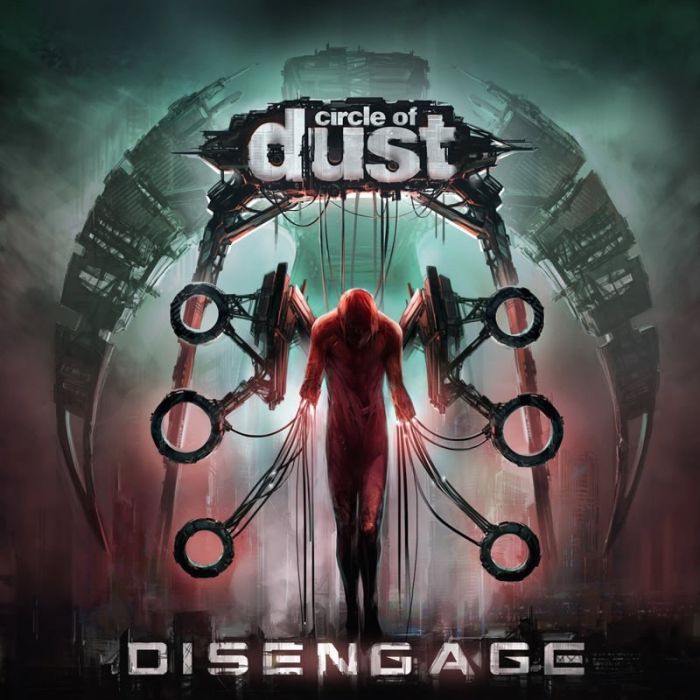In Rotation: Sleep Experiments, Atomine Elektrine, The Radio Dept. & Circle of Dust (Review)

In Rotation is a regular Opus feature where I post short reviews of noteworthy music, both new and old, that I’ve been listening to lately.
Passages by Sleep Experiments

I’ve been looking forward to Sleep Experiments’ follow-up to their excellent self-titled debut for some time now but Passages still managed to fly completely under my radar until a friend alerted me to its release. Which, come to think of it, is rather apropos for the Pennsylvania trio.
Sleep Experiments’ brand of hushed dream-pop is quite unassuming and reserved. In other words, it’s the sort of music that easily flies under the radar due to its very nature. Sadly, that means it can easily be overlooked. And yet, it’s such a rewarding, even comforting listen, particularly on songs like “Fixtures,” “Tree of Life,” and “To The Shore.”
Full of graceful guitars, evocative atmospherics, and Morgan Stewart’s soulful voice, Passages is simply another excellent release from the ever-reliable Sleep Experiments. And one that should be your constant soundtrack for autumn’s encroachment as the days grow colder, the skies become grayer, and the nights arrive a little earlier.
Laniakea by Atomine Elektrine

Peter Andersson’s work as Raison d’être has made him one of the preeminent names in the dark ambient genre. However, Andersson’s a busy man with numerous side projects to his name, including Necrophorus, Bocksholm, Stratvm Terror, and Atomine Elektrine.
Raison d’être’s music often plays like soundtrack material for disused castles, abandoned factories, and haunted monasteries. Atomine Elektrine, however, is Andersson’s ode to ’70s electronic space music, specifically German kosmische acts like Tangerine Dream. (Fittingly enough, Laniakea is a tribute to Tangerine Dream’s Edgar Froese, who died last year.)
You won’t hear any of the melancholy textures, ominous tones, or ghostly monk choirs that typify Andersson’s most popular project. Instead, Laniakea — which means “immense heaven” in Hawaiian — is full of swirling, arpeggiating analog synths (see “Abell 3521”) that sound like they’re emanating from the most distant and forsaken reaches of space. In other words, think soundtrack material for collapsing nebulae, dying galaxies, and the wreckage of ancient alien civilizations.
“We Got Game” by The Radio Dept.

It’s been six years since The Radio Dept.‘s previous album, Clinging to a Scheme. Unfortunately, much of that time was spent in legal wranglings with their label, Labrador. Combine that with the duo’s increasing dissatisfaction with Sweden’s politics, and they certainly have lots to be angry about.
However, you won’t necessarily be able to tell that listening to “We Got Game,” one of the first singles from the band’s upcoming Running Out of Love. Musically, the single is a really solid slice of electronic pop with a nice, dubby groove; fans of classic Pet Shop Boys will definitely dig it. Lyrically, though, there are some pointed observations of government run amok.
To their credit, though, The Radio Dept. don’t let agitprop get in the way of the pop. While Johan Duncanson and Martin Carlberg clearly want to rail against the growing conservatism of their fellow Swedes, they’re just as interested (if not moreso) in writing stellar pop songs — which is precisely what “We Got Game” is.
Disengage by Circle of Dust

Disengage always felt like Circle of Dust’s “lost” album to me, thanks to its troubled history. After several delays, it was eventually released by Flying Tart Records in 1998, only for the label to fold a few weeks later, thus leaving the album in limbo. It eventually found its way onto YouTube, but I’ve been excited to finally hear the “authoritative” Disengage as part of this year’s Circle of Dust reissues.
Disengage can be uneven, but it’s undeniable that Klayton was trying to push himself musically on the album. “Babylon” and “Thulcandra” are more ambient, cinematic, and abstract than anything else in Circle of Dust’s catalog, IDM beats appear across the album, and one can hear rap’s influence in Klayton’s delivery on “Waste of Time” and “Yurasuka.” There’s even a ballad (“Mesmerized”) for good measure.
However, Disengage’s strongest moments — e.g., “Refractor,” “Chasm” — hew closest to Circle of Dust’s patented blend of industrial and metal. The latter is particularly noteworthy: a perfect blend of aggressive beats and electronics, crunchy guitars, and catchy hooks, it might be my favorite Circle of Dust song, period.
Like previous Circle of Dust reissues, Disengage is packed with bonus tracks, alternate versions, outtakes, and remixes. The “deluxe” edition — which I’ve embedded below — contains three discs’ worth of material, including “Machines of Our Disgrace,” a single from the first Circle of Dust album in nearly two decades (due out this December).